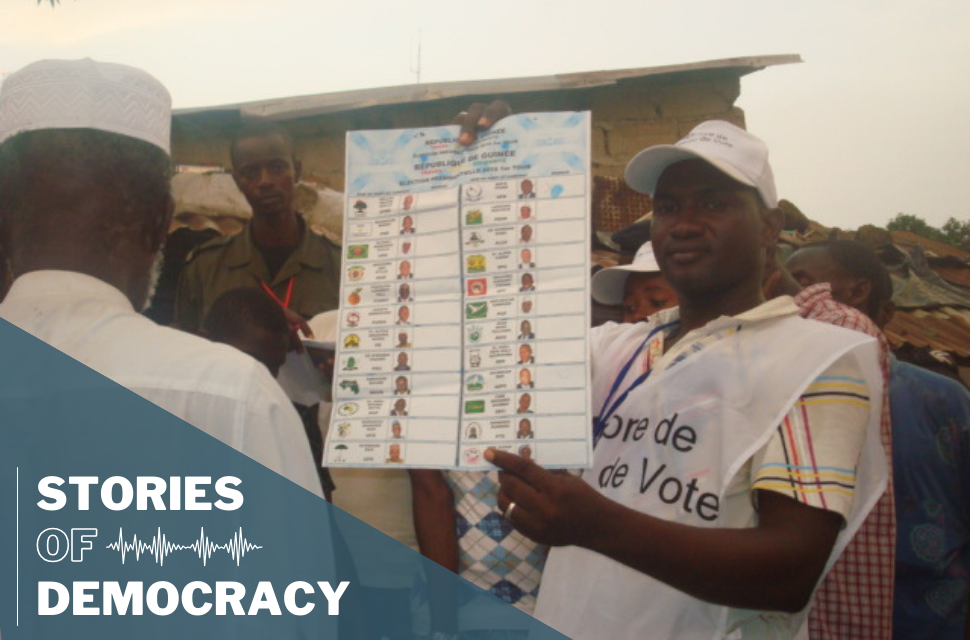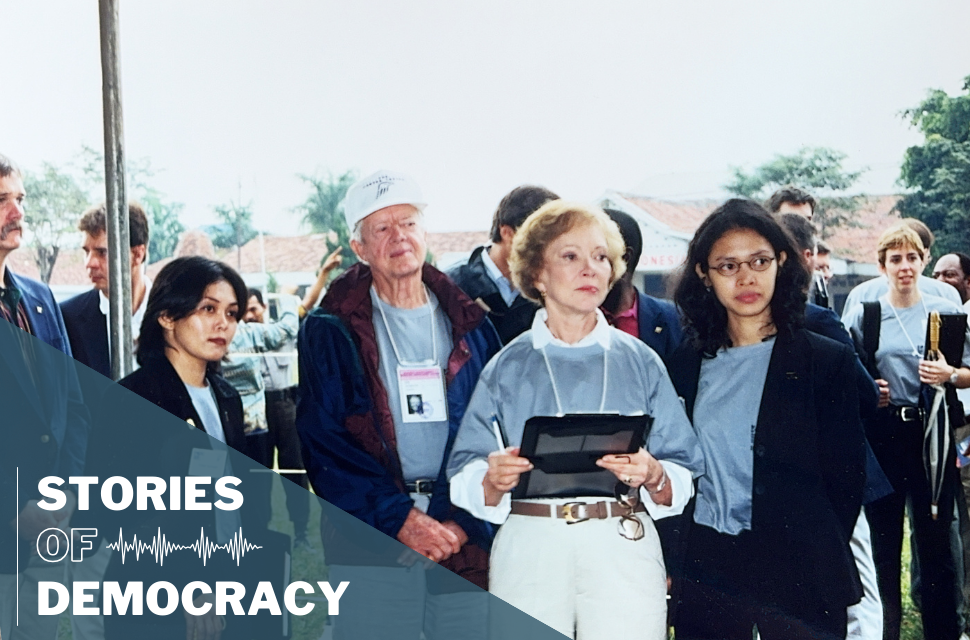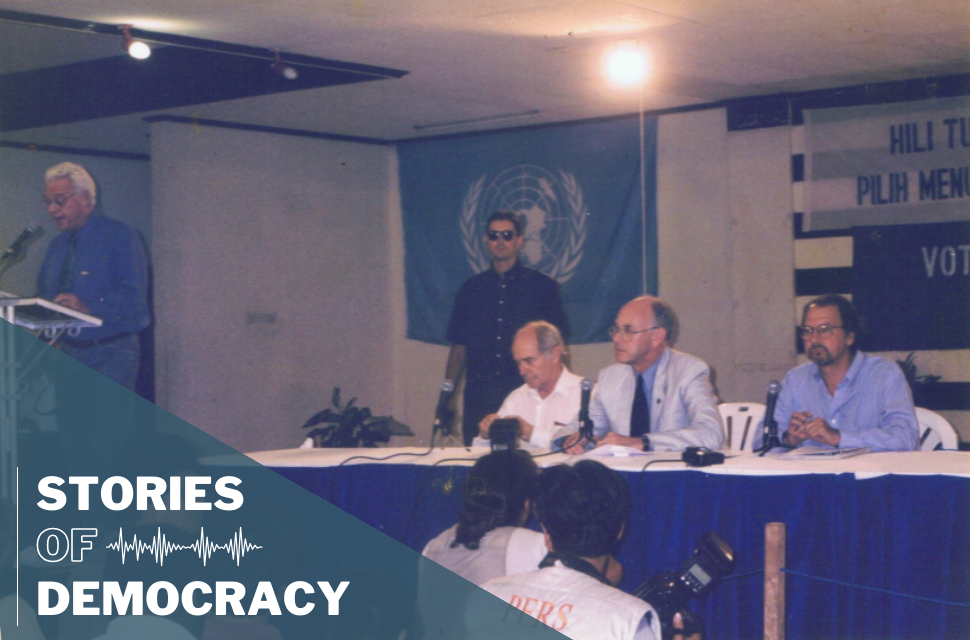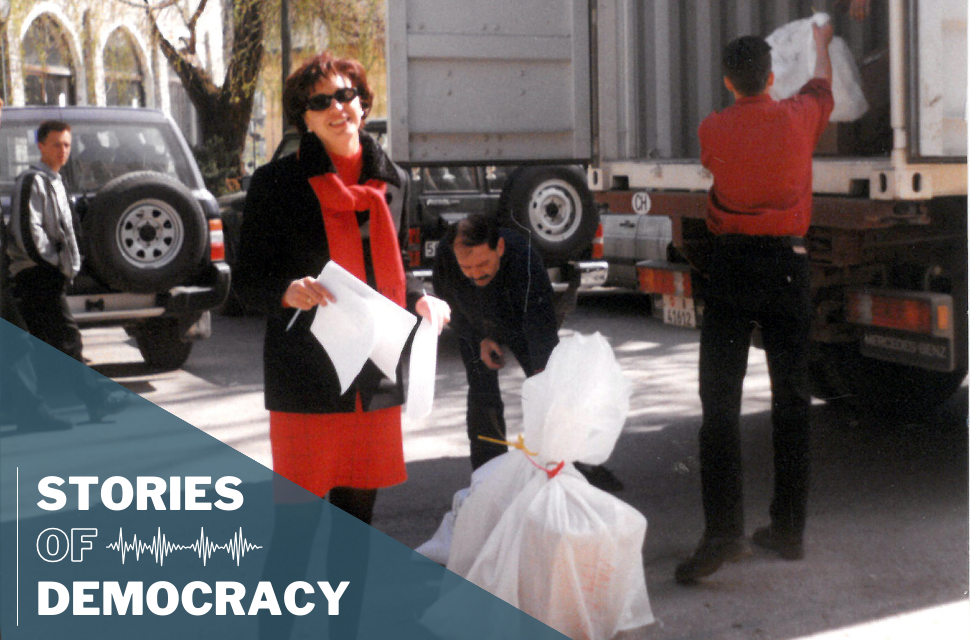Guinea - 2010 - Presidential Election

Guinea, a country with a legacy of freedom from the 1960s and 1970s but diminished under authoritarian rule, once again saw hope for the transition to peace in 2010, however, the lack of infrastructure in Guinea due to underdevelopment proved challenging when organizing elections. The lack of physical and communication infrastructure prevented regional and local delegates from aiding in the electoral process. There were no procedure manuals in the preparation stage, with the added challenge of inexperienced election observers based in Guinea. The capacity and infrastructural problem also delayed the peaceful transition into civilian rule, not deliberate undermining of the electoral process, other challenges in Guinea such as deep ethnic tensions which were resurfacing during this transition period and undisciplined security forces, along with disgruntled youth – presented security risks during this period.
The elections in 2010 were important because they highlighted how the stakeholders' high expectations made it difficult for the electoral management body to deliver; the elections placed importance on capacity building with stakeholders. Guinea was a closed country often referred to as the North Korea of Africa, in 2010 this all changed. The assignation of Guinea's president, and the open-air massacre of opposition personalities who were tricked into a stadium and killed in mass. These events garnered international attention and called for democratic transition through elections. The EU delegation was to decide if the sanctions were to be dropped and be eligible for development assistance.
Therese Peace-Laanela worked with The Carter Center on the organization of an election observation mission. Listen to her story in the recording above.
.png)
.png)

.png)

.png)







.png)





.png)



.png)





.png)
.png)
.png)
.png)